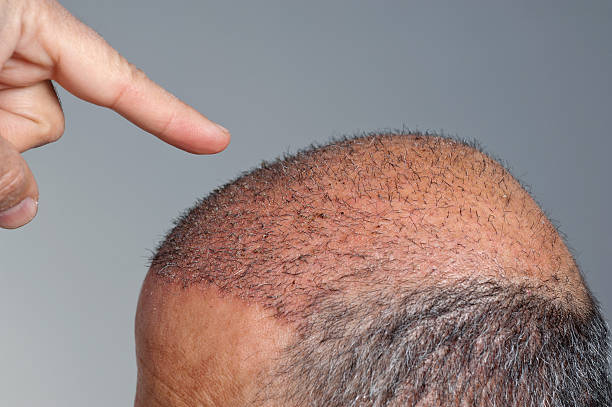The Surprising Connection Between Gut Health and Mood: Understanding the Gut-Brain Axis
The gut and brain may seem like two distinct entities, but they are far more interconnected than one might think. Over the past decade, scientists have discovered a profound relationship between the gut microbiome - the collection of microbes living in our digestive tract - and our brain health and mood. This interaction, known as the gut-brain axis, has significant implications for our overall well-being and mental health. Understanding how diet impacts this intricate system can give us invaluable insights into managing diseases and improving our overall health.

The Gut-Brain Axis: A Brief Overview
The gut-brain axis refers to the bidirectional communication pathway between the gut and the brain. This interaction is facilitated by various mechanisms including neural, endocrine, and immune pathways. The gut microbiota, which comprises trillions of bacteria, viruses, and fungi, plays a crucial role in this communication. It influences the production of neurotransmitters, hormones, and other biochemicals that can affect mood and cognition.
Over the last decade, research has shown that changes in the gut microbiota composition can impact the functioning of the gut-brain axis, and subsequently, mental health. For instance, conditions such as depression and anxiety have been linked to alterations in the gut microbiome.
The Role of Diet in Shaping the Gut Microbiome
Diet plays a critical role in shaping the composition and diversity of the gut microbiome. For instance, a diet high in processed foods and sugars can lead to a decrease in beneficial bacteria, which can negatively impact the gut-brain communication. On the other hand, a diet rich in fruits, vegetables, whole grains, and fermented foods can foster a healthy gut microbiome, promoting optimal gut-brain communication.
Advances in research have also highlighted the role of certain dietary components in influencing the gut-brain axis. For instance, dietary fibers act as prebiotics, nourishing specific beneficial bacteria in the gut. These bacteria, in turn, produce short-chain fatty acids (SCFAs), which have been shown to exert beneficial effects on brain health and mood.
Gut Health and its Impact on Mood Disorders
The relationship between the gut microbiome and mood disorders such as depression and anxiety is a rapidly evolving area of research. Studies have shown that individuals with these conditions often have a different gut microbiome composition compared to healthy individuals. This suggests that the gut microbiome could potentially be a target for therapeutic interventions.
Moreover, probiotics, which are beneficial bacteria, have shown promising results in improving symptoms of depression and anxiety. The concept of ‘psychobiotics’ - probiotics that can impact mental health - has recently emerged, opening up new avenues for managing mood disorders.
Gut Health, Diet, and Neurodegenerative Diseases
The gut-brain axis also has implications for neurodegenerative diseases such as Alzheimer’s and Parkinson’s. Several studies have suggested a connection between alterations in the gut microbiome and the development of these conditions.
Dietary interventions aimed at improving gut health could, therefore, play a role in managing these diseases. For instance, the Mediterranean diet, which is rich in fruits, vegetables, whole grains, and healthy fats, has been associated with a lower risk of Alzheimer’s disease. This could, in part, be attributed to the diet’s beneficial impact on the gut microbiome.
The Future of Nutritional Psychiatry
The understanding of the gut-brain axis has laid the foundation for a new field known as nutritional psychiatry. This field aims to use dietary interventions to improve mental health. While the research is still in its infancy, the potential implications are profound.
Understanding the connection between diet, gut health, and mental well-being can empower individuals to make informed choices about their diet. This could pave the way for personalized dietary interventions to manage mood disorders and neurodegenerative diseases, marking a new era in healthcare.
As we continue to unravel the complex relationship between the gut and the brain, one thing is clear: the importance of a healthy diet extends beyond physical health. It has a profound impact on our mental well-being, offering a powerful tool to improve our overall health.




